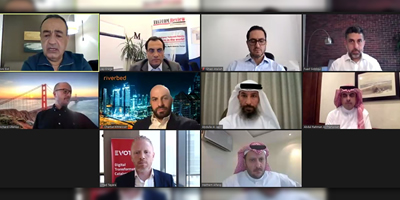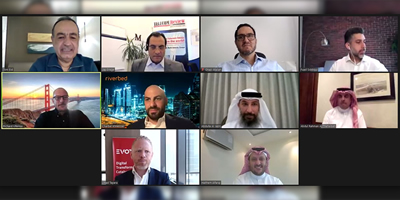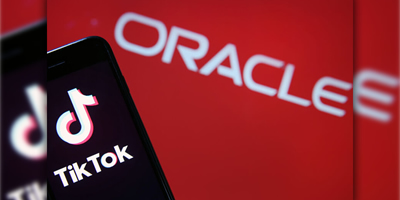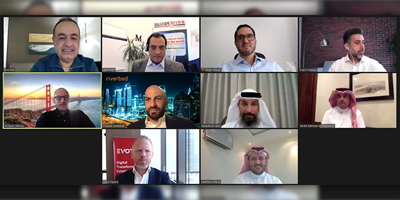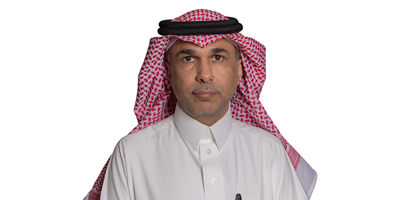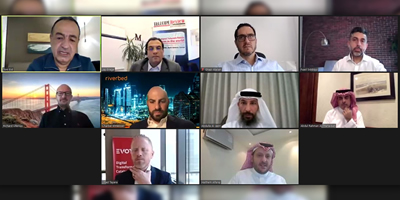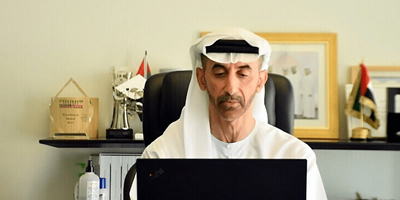In a year that has left many companies in dire straits, select groups are prospering despite — or in some cases because of — the pandemic.

Reports and Coverage
Emerging technologies in response to COVID-19
Telecom Review, the world's leading telecoms news platform, held a virtual panel, entitled 'Digital transformation: A necessity brought forward by COVID-19' on September 22nd.
Transplanting Legal Context without the Law: Double Criminality in Meng Wanzhou’s Extradition Case
By Sean D. Yates
Introduction
Comparative lawyers have for over a century examined the ways different legal orders organize their laws. They have observed how law travels, how rather than reinvent the wheel, lawmakers will often copy or borrow legal ideas from another place (or time) and use it themselves. Law, however, doesn’t always fit. That is, it doesn’t always do what it is supposed to do. It may fail to achieve its intended purpose, may do better than expected, or may end up fulfilling an unintended purpose. Comparatists have also therefore highlighted the importance of the social context from which law is taken and into which it is placed, and how the transplanting exercise inevitably results in the law in question undergoing a transformation. It is no longer the same law because it operates differently in a different social context.
How COVID-19 highlighted the importance of digital transformation
Telecom Review, the world's leading telecoms news platform, held a virtual panel, entitled 'Digital transformation: A necessity brought forward by COVID-19' on September 22nd.
MWC 2021 postponed to late June
Mobile World Congress (MWC), the telecom industry’s largest global conference, has been postponed to late June 2021.
Oracle-TikTok deal wins US approval
US President Donald Trump has given his approval to the proposed deal between ByteDance, Oracle and Walmart for TikTok’s US operations. The announcement was made a day after the US Commerce Department issued an order prohibiting business with WeChat and TikTok in order to protect national security.
Telecom Review virtual panel gathers to discuss digital transformation in the COVID-19 era
Dubai, UAE, 22 Sept 2020: Telecom Review, the world’s leading telecoms news platform, held a virtual panel, entitled ‘Digital transformation: A necessity brought forward by COVID-19’, which was attended by over 300 participants, featuring industry leaders from across the world, to discuss how the coronavirus pandemic has triggered a tremendous acceleration in the digital transformation.
Saudi Arabia expects creation of 1 million jobs within 5 years due to digital transformation
Speakers and experts at an international conference revealed an estimated need for more than 1 million jobs in Saudi Arabia over the next five years, as digital transformation accelerates in several industries and sectors during COVID-19 pandemic.
Gaps existing at the level of access to digital technologies
Telecom Review, the world’s leading telecoms news platform, held a virtual panel, entitled ‘Digital transformation: A necessity brought forward by COVID-19’ on September 22nd.
TRA UAE participates in WSIS Forum to advance digital transformation and inclusion
The United Arab Emirates, represented by the Telecommunications Regulatory Authority (TRA), has participated in a closed ministerial meeting, as a part of the events of the World Summit on Information Society Forum 2020, attended by telecom ministers and officials from all over the world.




